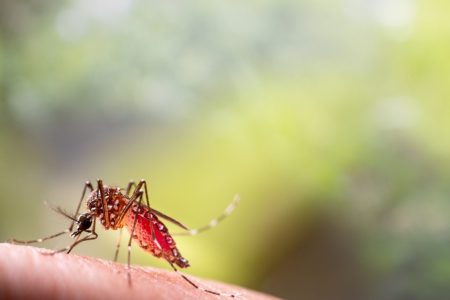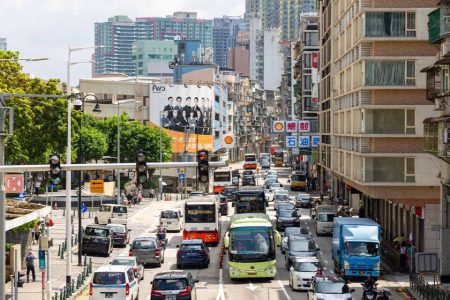The Commission Against Corruption (commonly referred to by its Portuguese initials CCAC) will have its powers expanded after the Legislative Assembly unanimously passed a bill yesterday broadening the agency’s role.
According to local media reports, the anti-graft agency will now be able to investigate economic and financial crimes, including money laundering. At the same time, public entities will be able to invite the CCAC to do on-site monitoring of administrative processes.
The head of the CCAC, Chan Tsz King said it was deemed necessary to amend the relevant legislation in order to ensure that the department could function comprehensively and fulfil its mandate.
[See more: The Commission Against Corruption could soon see its powers broadened]
The motion for the amendment specifically stated it was a response to “the increasingly complex and sophisticated phenomenon of corruption, as well as the need for a more thorough auditing of public administration.”
In recent years, Macao has seen several corruption cases involving high-ranking officials such as former Macao Trade and Investment Promotion Institute (IPIM) president Jack Chang, and the ex-public works directors Jaime Carion and Li Canfeng.
In addition to increasing the CCAC’s powers, the new law will also improve the working conditions of the agency’s investigators, as well as the body’s ties with other anti-graft organisations.






